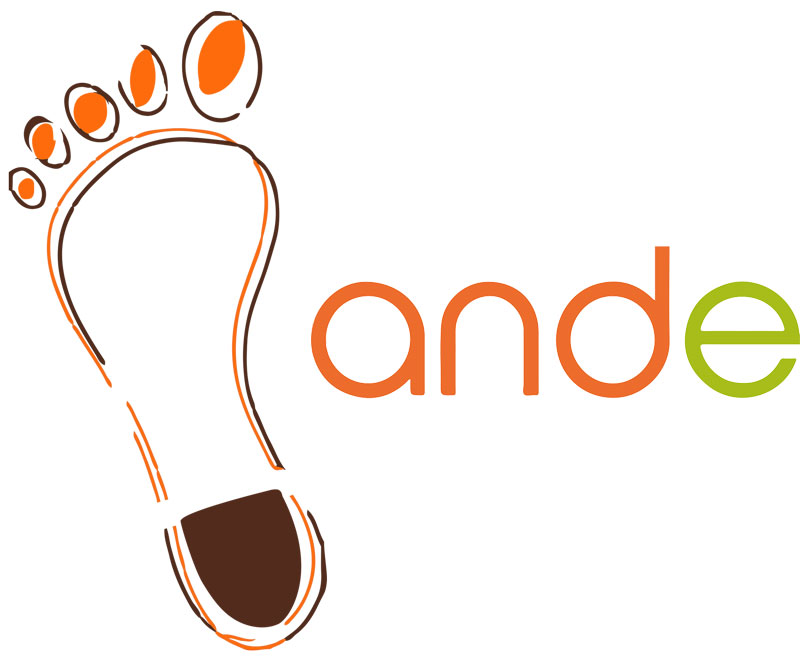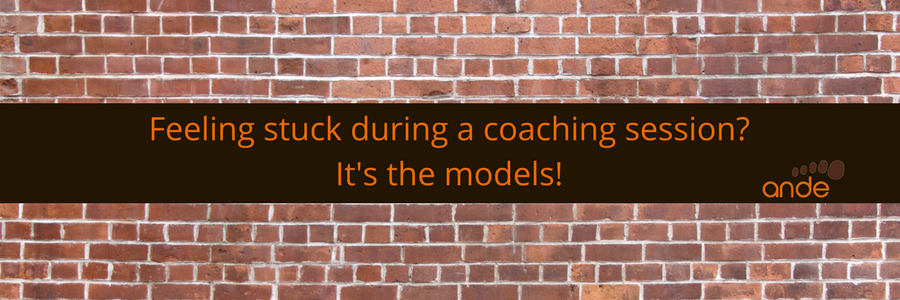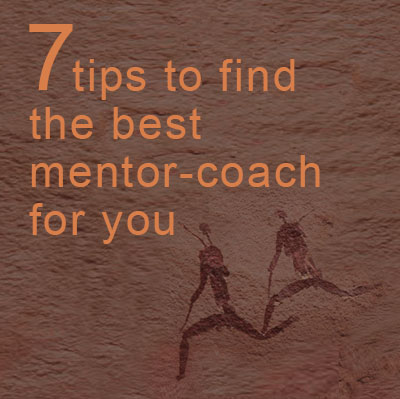The models we learn throughout our training as coaches are designed to give us a platform to start. As we move on and get more in synch with our intuition and coaching skills (listening and asking powerful questions), we should outgrow the models and let them go. The times you felt stuck during a coaching session, most probably were because you used a model that did not fit the situation, and you were not acting upon your intuition.
When your coaching is solely based on models, the moment your client starts to talk, your mind begins to frantically ask: “what is the right question”, “which model can I use now so I can have some impact”, and so on.
Does this sound familiar to you?
Looking at your coaching session, how many times did this approach help you?
Do you think you were present with the client and did you achieve the impact expected?
Were there occasions when you felt you lost your client or the questions you asked did not reach or had the effect you expected? This can happen to the best of coaches!
One of the reasons is because instead of listening to what the client says we are more interested in the story the client is telling. We allow ourselves to be pulled by the wrong curiosity: the story of the client.
We forget to ask: What is the client telling me and why now?
The aim of the questions is very simple: to move the conversation forward from broad to deep. Also, the conversation should be about the client and not about the feelings or experiences of the coach. Eliminate the sentences that hold an “I”. For example “I feel with you”, “I went through something similar” and so forth. The client is not paying you to share your story.
Remember, after the pleasantries, the first question the coach poses is the one that will set the conversation. When your client starts with a story that seems out of context, full of emotion or appears to be an isolated story, stop and ponder why the client is telling you this. What is the underlying story, lesson, reason in the story? Ask the client what is so important about the story, what are the emotions, etc. Remember, there is always a reason the clients tell the stories they tell.
Let’s explore a situation I have encountered a couple of times:
The client starts the conversation by telling her divorce left her emotionally angry and financially depleted. She decided to re-assess her possibilities of finding a job that allows her to be more at home and where she makes enough money to sustain herself and the children. She adds that she is angry with the way things have turned out, and her ex is still making her life a living hell.
Scenario 1: I ask her, Martina what do you want to work on today?
She most probably will tell me she wants to look at work possibilities. By concentrating on the work question, we most certainly limiting to look at work and the steps she might take.
A new coach will most probably start the session with a similar question that focuses on the solution the clients “thinks” to want.
Scenario 2: I ask her, Martina, I hear a lot of different things – you need to work, you are angry, and your ex is making your life a living hell. How can I help you today?
The client might tell you she is indeed angry and might try to soften the word “angry” with an explanation, and conclude that work is the most important issue and that they need results now.
A coach with a bit more of experience will sum up what he listened and look for ways to set an agreement and results so they can go on with the coaching session. Still result oriented.
Scenario 3: I ask her, Martina, what does the anger you feel mean to you?
The answers Martina will give become important when you link them to the work question and other areas of her life. How are you coping with it? What are the consequences of the anger in your work, life and/or the children?
A masterful coach will take the risk of the conversation moving to another direction different than work, to bring the client deeper into the awareness of the real issues at hand and how to solve them. The coach lets his/her intuition guide the conversation and invites the client to do so.
When we release the models, and leverage on our coaching skills pairing them to intuition, we are in sync with the client. The conversation evolves naturally, and we serve the client. This is what impact is about.
…………………………………………….



 Edmée is a Professional Certified Coach (PCC) and a Certified Mentor Coach with over 15 years of broad international experience supporting coaches to prepare for ICF certifications and individuals with their personal growth. Her trademark course
Edmée is a Professional Certified Coach (PCC) and a Certified Mentor Coach with over 15 years of broad international experience supporting coaches to prepare for ICF certifications and individuals with their personal growth. Her trademark course